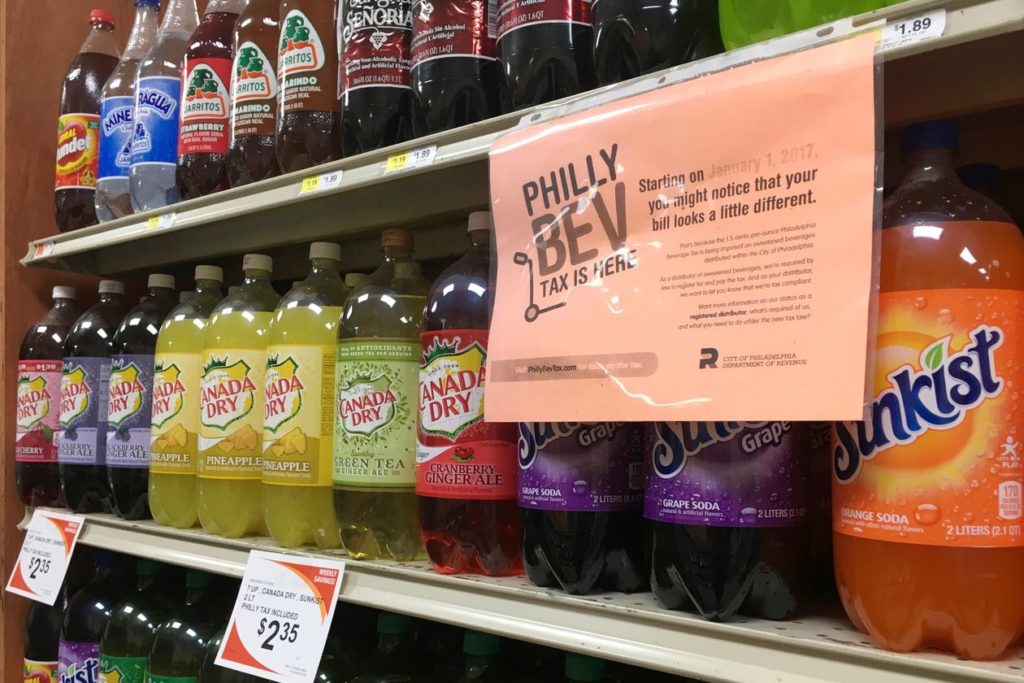A Soda Tax and Consequences

When Philadelphia became the first major U.S. city to pass a soda tax in 2016, Mayor Jim Kenney said it would improve public health while funding universal pre-K. Two years in, the policy hasn’t delivered on that elite ideological goal. But the tax has come at the expense of working people and other vulnerable Philadelphians.
Proponents say the soda levy is technically a tax on distribution, but it functions like a regressive consumption tax as retailers pass the cost onto consumers. Between the Jan. 1, 2017, start date and Sept. 30, 2018, the city raised more than $137 million, and poor Philadelphians disproportionately bore the burden of the 1.5-cent-per-ounce levy.
